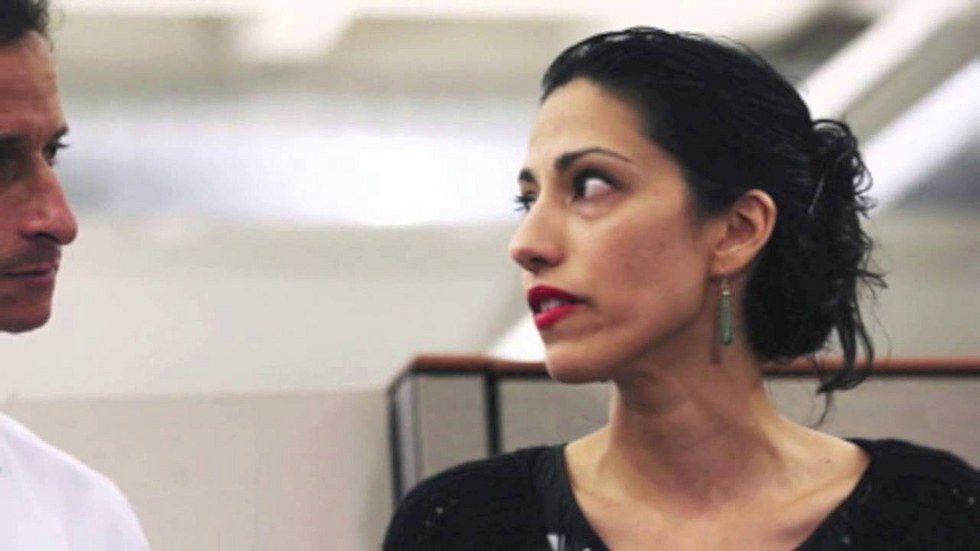Milo Yiannopoulos Ban
The Fall of Twitter publicly began in the summer of 2016 when Breitbart tech editor Milo Yiannopoulos was banned from the platform. The conservative journalist had previously covered the Gamergate controversy, and came out against the feminist push in the industry to include more PC-compliant elements in gaming. Milo began to style himself as the “Dangerous Fa**ot”, and often refers to himself as “a gay man with the wrong opinions”, a nod to his culturally libertarian and socially conservative views. He simultaneously earned the respect of young readers and stoked the ire of prominent feminists with his caustic attitude toward modern third-wave feminism.
Milo’s articles on Breitbart eventually surpassed the gaming sphere, and began to encompass greater social issues. He developed a distinct writing style, in which he posed claims that were at once humorous and derogatory, and then went on to prove his claims with well-documented evidence. Hillary Clinton notably read some of Milo’s most notable headlines in her Alt-Right speech, including “Birth Control Makes Women Unattractive and Crazy” ; “Would You Rather Your Child Had Feminism, or Cancer?” ; and “Gabby Giffords: The Gun Control Movement’s Human Shield”. Milo gained notoriety and admiration in equal measures on the internet, including via Twitter, despite losing his verification without explanation more than once.
The article which seems to have been the last straw was his review of the all-female "Ghostbusters" movie, which many on the right decried as a spiteful and unfunny F-you to the original male cast. Milo’s review verbalized this complaint, and took particular issue with actress Leslie Jones, as well as the crappy writing (don’t say it wasn’t, because we all know it sucked). A fringe group of Milo’s more unsavory followers (everyone has them) took to Twitter and harassed Jones, often tweeting jokes with racist undertones. Ms. Jones, instead of blocking the trolls or simply walking away from her computer, reported the users to Jack Dorsey, Twitter’s CEO, who in response chose to ban Milo permanently. Twitter cited “participating in or inciting targeted abuse of individuals” as the reason for the Milo ban Milo isn’t the only conservative voice to have been suspended on Twitter. Azalea Banks, who came out in support of presidential candidate Donald Trump, and troll Chuck C. Johnson have both had their accounts suspended.
Trend Manipulation
Another problem Twitter users face is the perceived manipulation of trends. Trend manipulation is a problem that users of r/The Donald were aware of long before it was even on the radar of the average media consumer. It’s easy to spot, when you realize that often, the trending topics seem to be different from what users are actually talking about. This studentactivism.net writer explains why some topics that trend can often be slightly off. In short, Twitter trends factor in “novelty” as well as popularity which means that while a topic like Wikileaks may be popular, the algorithm will prioritize a newer topic. In addition, Twitter has also , expanded users’ ability to report spam which has resulted in swathes of bans that may or may not be deserved.
Islamic Recruitment Network Uncensored
In strong contrast to the bans being meted out like candy to conservative American users, Twitter simultaneously allows Islamic extremism to flourish. One of the most prominent cases was that of UK radical Islamist preacher Anjem Choudary, who was arrested for collaborating with ISIS this year. The news of Choudary’s five-year sentence comes after a long tale of radical statements across social media, bail term violations, and Twitter neglect. Choudary’s account was allowed to remain active, his posts intact for an entire year after Choudary posted bail in 2015 for “inviting support” for ISIS via Twitter.
According to The Guardian’s faithful coverage of the Choudary saga, Twitter and Youtube were repeatedly asked to remove the radical preacher’s account, to no avail, despite public pressure for the radical posts to be removed. This isn’t the only instance of ISIS using Twitter as a recruiting tool, either. According to Business Insider, ISIS is revolutionizing international terrorism with their ability to use social media platforms like Twitter to recruit. It seems that Islamic radicalism continues to fight for a foothold in social media; as Twitter suspends one extremist account, several more appear.
Saudi Money and the Clinton Connection
Why, then, doesn’t Twitter simply ban the extremists and ISIS sympathizers from its platform, like it did to Milo? The answer may be found in the large share of the tech firm held by Saudi Arabian Prince Alwaleed bin Talal, who doubled his ownership of the stock last year to become the second largest investor (after the founders of the firm). Talal had acquired a 3% share in Twitter in 2011, two years prior to the company’s initial public offering in 2013.
Though Talal is often said to be more liberal and progressive than most of the other government officials, it’s important to remember that in Saudi Arabia, that doesn’t mean much. The media in Saudi Arabia is largely state-run and government-controlled. In fact, the Saudi government freely admits to filtering online media concerning “"pornographic", Islam-related, human rights and political” subject matter. These laws which allow the government to examine and monitor media also apply to all electronic media—which would presumably include Twitter.
BUT WAIT, THERE’S MORE! Prince Alwaleed jointly owns the Twitter shares with his company Kingdom Holdings, Inc. Talal sits on the board of this company, which employs Mr. Abdulla Omar Naseef . If you’ve been paying attention to the Clinton campaign—and I have—you’ll know that Naseef was a benefactor to HRC’s chief of staff, Huma Abedin, and her family’s organization, the Institute of Muslim Minority Affairs. The founder of the IMMA--and Huma's father--was closely associated with the Muslim Student Association, founded by the Muslim World League which was funded by the Kingdom of Saudi Arabia and "often acted as a mouthpiece" for the Saudi government.
As if the connection to Huma Abedin and the HRC campaign wasn’t troubling enough, Mr. Naseef also has verifiable ties to the Muslim Brotherhood and al Qaeda.
In the case of Twitter, it’s important to note that they are a private company and thus not liable to free-speech standards. However, it’s also true that users who are censored will be eager to find alternative platforms on which they can express themselves (and that aren't beholden to Saudi shareholders). Alt-Right users have done just that, and seem to have found a viable alternative to Twitter in the form of Gab.ai. Gab has been billed as a purely free-speech platform, and boasts a higher character limit than Twitter, as well. The CEO, Mr. Andrew Torba, has gained support and users for the new network through his savage and unabashed Twitter prowess. Will the platform continue to grow while Twitter declines? We’ll see.


























